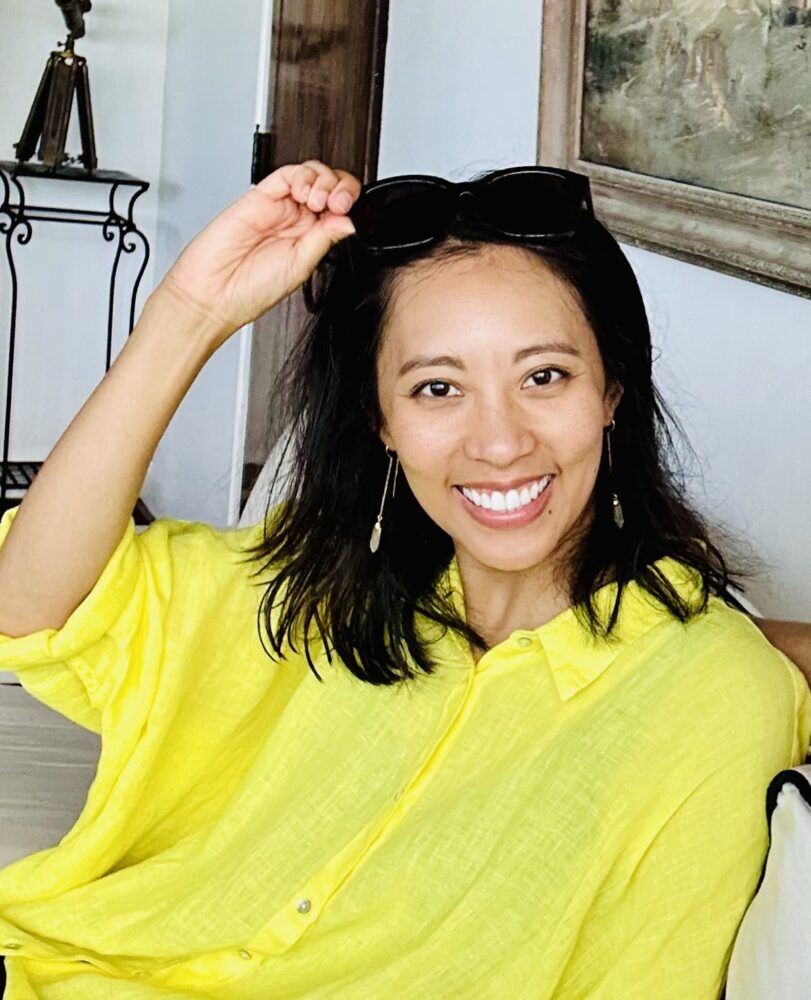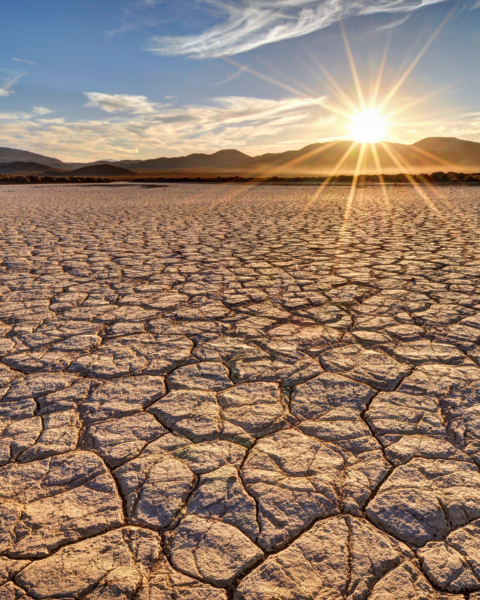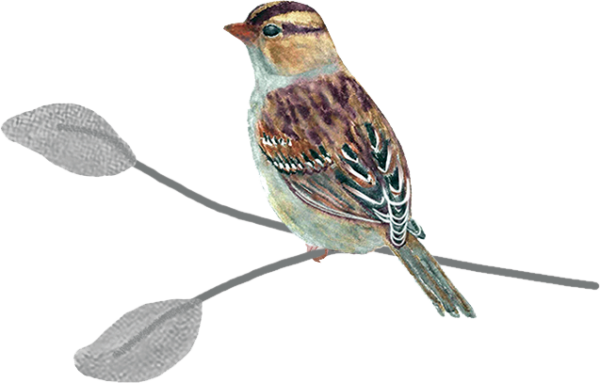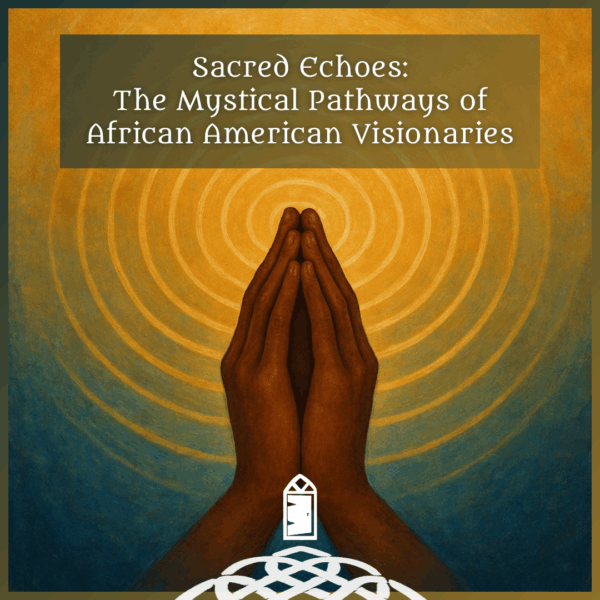I am delighted to share another beautiful submission to the Monk in the World guest post series from the community. Read on for Tarja Cajudo’s reflection on the spirituality of being an elder sister, an Ate.
I am an Ate (pronounced Ah-teh), the eldest sister. People who speak Tagalog use “Ate” as an honorific, a title in front of the names of our older female relatives. We always use it for an older girl or woman because Tagalog is a language that values age. Sometimes “Ate” replaces the elder sister’s name entirely. The Ate of a family is named through the irreplaceable relationship she has with her younger siblings.
In March 2020, my mother’s only older sister, her Ate, got sick. The city of Manila was in emergency COVID lock-down. By ambulance was the only way anyone was allowed to leave home. None of my aunt’s family were allowed to go to the hospital with her. She arrived alone at the hospital that had no room for her. She stayed overnight on a gurney in the hallway. By the time any family could get on the phone with her, she could no longer speak—she had been intubated overnight. Then, alone in that hallway, without speaking to any family, she died. And, because nobody who lived outside of Manila could attend the funeral, this Ate, defined by her relationship to her siblings all her life, was buried in the same way she died–out of breath and alone. She was one of the first COVID deaths in Manila.
Burial Rite I in the BCP (Book of Common Prayer) uses the Psalm, “Yea, the darkness is no darkness with thee, but the night is as clear as day; the darkness and the light to thee are both alike.” But the darkness of the pandemic and its layers of political and religious turmoil drowned me. Families who looked like mine, with Ates like my aunt and like me, were being targeted for violence by people who called themselves Christians. Institutions that invoked Christian tenets disregarded the reverence we felt for the life of our elderly. Instead of sustenance, Christianity fed me poison, leaving my spirit open like a wound; never recovering, always painful.
I felt that Christianity represented a Divinity that did not know the fear of harm based on skin colour or eye shape; who was not with my aunt in her viscerally horrifying final moments; who could not understand the depth of the word Ate. For me, the only healing possible after the tumult of those years was another death of sorts. So, I mourned the institution of Christianity and laid it to rest in my life. I eulogized it:
“Dear Christianity, I forgive you for the enormous pain you have inflicted on me, on those I love, and on the world. Please forgive me for being angry at individuals when I should have been angry at systems. I love you for the community you’ve always provided me. May you rest in peace.”
Then, I found myself in a new, chthonic darkness where I felt safe and connected. The way one is safe and connected to the mother while in the darkness of the womb. Or the vastness of the universe when enveloped by the black night sky. The way we are connected to the earth when our hands work the black soil of our gardens; or when we splash our feet in the blackness of deep waters.
I’ve heard it said that a burial looks a lot like a planting. While not every plant survives the winter, from its seeds the earth and sun birth a new generation—different but connected. By mourning and burying Christianity, I found space for the Divine to birth a new, connected way of being for me. Now, the darkness I feel is warm and energetic – like seeds about to sprout.
Today, my experience of the Divine is like an Ate who delights in me, plays with me, and lives life with me. She has been in the world longer than I have and shows me how to be in it too. She fiercely protects me and teaches me how to protect those who come after me. This Divine Ate has brown skin and flowing black hair and dark eyes that kiss in the corners. She is responsible for the young and models respect for the elders. She is with my aunt now and watches over all the Ates of the world, as we do our own precious siblings. I pray the Divine continues to inspire me to be my best self, invites me to play, and inculcates in me the fierce protectiveness of the eldest sister.

Tarja Cajudo is an Ate, an Episcopalian, and an attorney. She lives in a small town in the American South with her spouse, pug, and cat.



